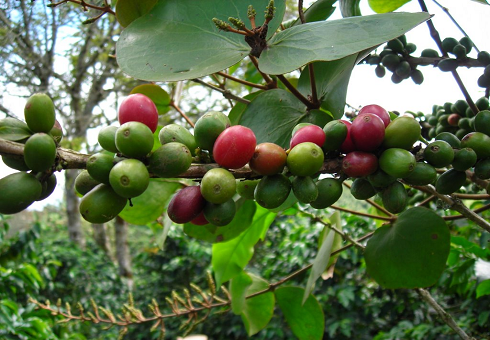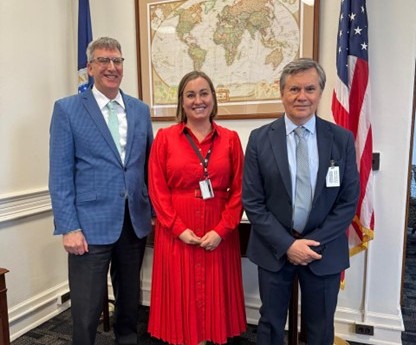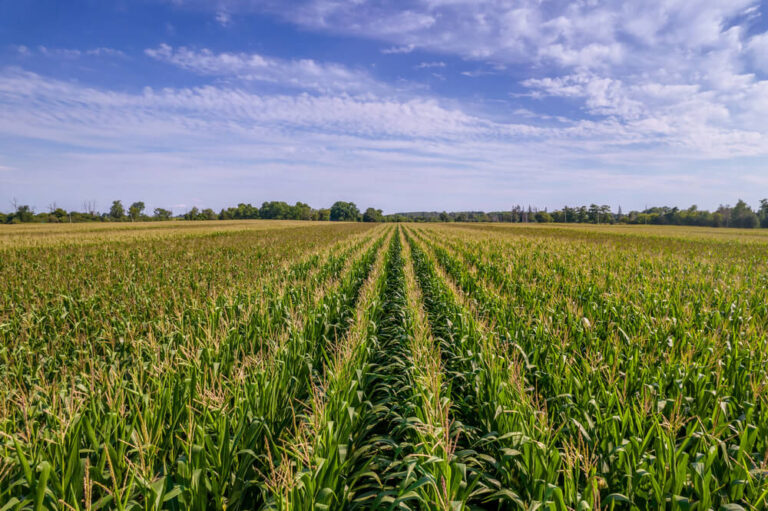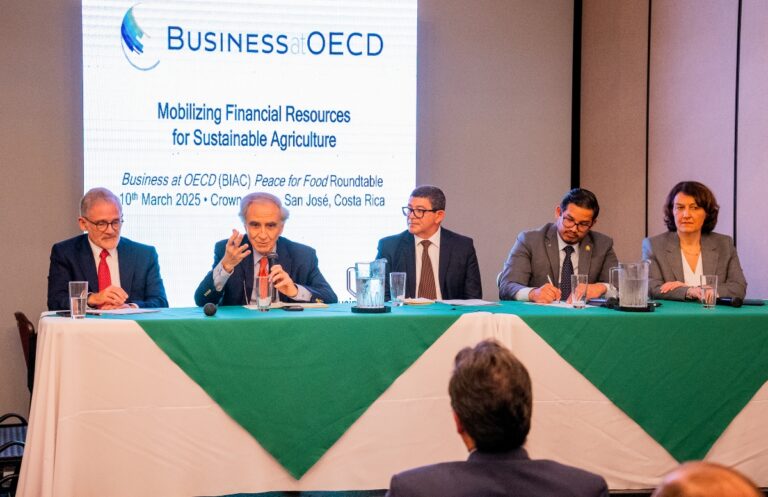A new project to support the Dominican coffee sector was signed on Friday 25 November under the Central American Program for Integrated Coffee Management (PROCAGICA Regional). This program, funded by the European Union, responds to the demand of the Heads of State and Government of Central America and the Dominican Republic on the incidence of Coffee Rust disease (Hemileia vastatrix) and is consistent with the mandate of the Central America Integration System (SICA) on issues of agriculture, environment and integration policies.
A new project to support the Dominican coffee sector was signed on Friday 25 November under the Central American Program for Integrated Coffee Management (PROCAGICA Regional). This program, funded by the European Union, responds to the demand of the Heads of State and Government of Central America and the Dominican Republic on the incidence of Coffee Rust disease (Hemileia vastatrix) and is consistent with the mandate of the Central America Integration System (SICA) on issues of agriculture, environment and integration policies.

Within the framework of this regional project, a component for the Dominican Republic will be implemented to promote the adoption of mitigation and adaptation practices to climate change and the risk reduction to environmental and climatic disasters in the Dominican coffee chain. This component will be implemented from 2017 to 2020 by the Interamerican Institute for Cooperation on Agriculture (IICA), the Ministry of Agriculture, and the Dominican Coffee Council (CODOCAFE) and will be supported by the General Directorate of Multilateral Cooperation (DIGECOOM) of the Ministry of Economy, Planning and Development (MEPyD).
The project will pay special attention to the Coffee Rust disease and the identification of solutions to the problems of coffee production that require committed and articulated participation at the public and private levels in a systematic and effective way in the integrated management of this important disease. In addition, it will promote the genetic improvement of the coffee with resistance to the Coffee Rust and good quality of cup by means of concrete actions. It will also strengthen the resilience of producers to climate change adaptation through the introduction of sustainable agricultural practices and crop diversification. The project will support the strengthening of producer organizations, national technical extension agencies and CODOCAFE, responsible for improving the competitiveness and sustainability of the coffee sector.
Coffee production in the Dominican Republic plays an important role at the economic and social level, with about 75% of coffee producers and their families having low incomes and the poorest of which are in the mountainous areas with better conditions for the cultivation of high quality coffee. Most of these producers, not only have their basic needs unsatisfied, but are also part of the population vulnerable to climatic variations. In addition to economic and social benefits, the recovery of coffee production will contribute to the sustainable management of watersheds. In particular, the dissemination of sustainable shade coffee growing systems will increase the forest cover of the upper parts of the basins, helping to stabilize the water cycle, in particular by reducing droughts and floods.
The different activities planned in the project will be carried out mainly in the border provinces of Independencia, Bahoruco, Elias Piña, San Juan de la Maguana, Azua, Santiago Rodríguez and Dajabón.
The PROCAGICA-RD Project will be executed in 42 months with the financial support of the European Union under the 11th European Development Fund with the technical leadership of IICA, CODOCAFE, Ministry of Agriculture and Ministry of Environment and Natural Resources.











